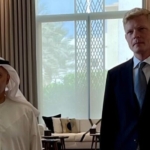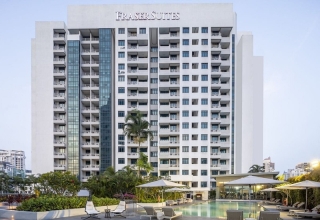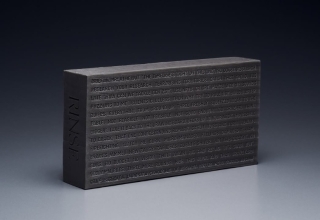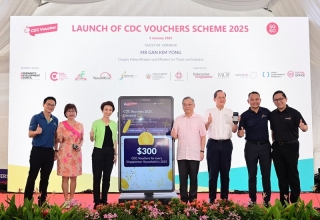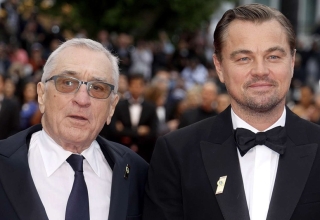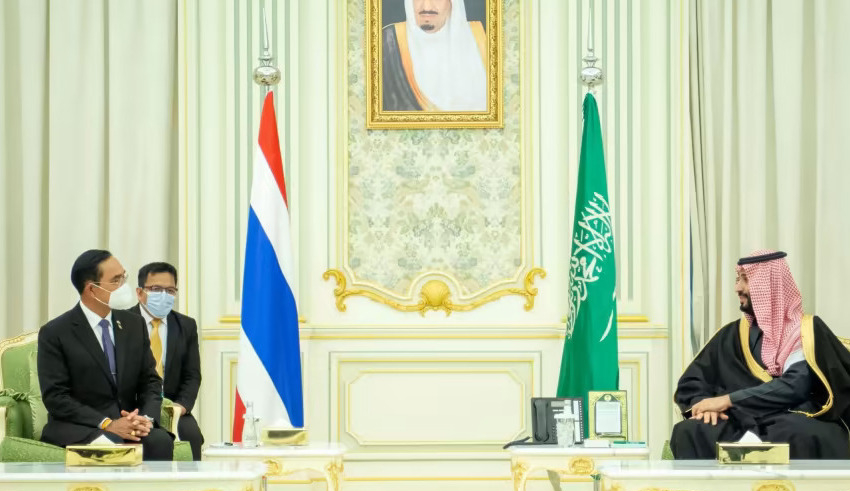
Last month, the largest prize in professional golf was won on a recently opened course outside Bangkok. Stonehill is owned by the Thai energy magnate Sarath Ratanavadi. The purse of $4 million was supplied by the national wealth fund of Saudi Arabia.
The competition was one of the prominent activities preceding this week’s historic conference. Crown Prince Mohammed bin Salman of Saudi Arabia arrived in Bangkok late Thursday evening, marking the first visit by a Saudi royal after thirty years of severed diplomatic and economic ties.
Thailand has invited Crown Prince Mohammed to attend the Asia-Pacific Economic Cooperation meeting as an observer. The crown prince will be the first foreign leader to meet with King Maha Vajiralongkorn and will later meet with Prime Minister Prayuth Chan-ocha to sign memoranda on tourism, energy, and the normalization of diplomatic.
The Saudi Investment Minister, Khalid Al-Falih, told reporters in Bangkok last week that the last year has been a significant one for the relationship. “It is crucial to elevate the connection to its proper level, which is a very solid collaboration with huge potential.”
By repairing links with Saudi Arabia, Thailand has gained not just a new partner for navigating uncertain energy markets, but also an investor in emerging industries such as the production of electric vehicles and renewable energy. According to a Thai official, Saudi parties could invest up to $10 billion in Thailand in the near future as the oil producer attempts to diversify its revenue streams.
Al-Falih stated that the monarchy is already investing in renewable energy, green and blue hydrogen, and ammonia for export to Asia. “There is a growing desire in Thailand to gain access to this energy, as well as to collaborate by constructing green hydrogen projects in Thailand.”
Revitalizing the alliance would also contribute to Crown Prince Mohammed’s ambitions to enhance Saudi Arabia’s worldwide standing through a personality-driven foreign policy. During the reign of his father, King Salman, the crown prince, sometimes known by his initials MBS, served as the kingdom’s de facto ruler.
Keep Reading
Professor of political science at Chulalongkorn University Chookiat Panaspornprasit stated, “Domestically speaking, the fact that MBS modified Saudi Arabia’s foreign policy to legitimize his own rule improves the country’s image.”
According to Chookiat, the rise of Crown Prince Mohammed was essential for Thailand because the previous generation of Saudi authorities was unable to repair relations without a resolution to the infamous Blue Diamond affair.
In 1989, a Thai janitor stole $20 million worth of valuables, including a rare blue diamond, from his employer, a Saudi royal. Three Saudi diplomats and a businessman were murdered while investigating the case in Bangkok, resulting in a diplomatic freeze and a travel ban for Saudi nationals to Thailand.
Decades of entreaties by Thai diplomats fell on deaf ears until the shift in Saudi leadership opened the door for Prime Minister Prayuth’s January visit to Riyadh. In Bangkok last week, Thai Foreign Minister Don Pramudwinai hosted Al-Falih and 200 Saudi delegates. In May, he accompanied around 100 Thais from the public and commercial sectors.
The Saudi minister of investment visited a battery factory for electric vehicles and an auto assembly plant in the Bangkok area. Ceer, the national EV brand of Saudi Arabia, was just launched. Thailand aspires to be Southeast Asia’s center for EV manufacturing. Al-delegation Falih’s includes executives from the petrochemical, real estate, construction, pharmaceutical, health care, hotel, and recruitment businesses.
Since Saudi Arabia relaxed its travel ban in March, Thailand’s tourism industry has been courting big spenders from the kingdom in an effort to replace earnings from Chinese tourists, who continue to face travel restrictions. As of September, about 9,000 Saudis had visited Thailand, compared to only three in 2021.
Moreover, Thailand intends to send workers of all skill levels to Saudi Arabia, a country whose treatment of migrant workers has been questioned by human rights organizations.
“The bilateral relationship appears to be governed by a functional approach, which entirely separates political and economic matters,” Chookaat stated. They discuss the possibility of economic collaboration, but entirely conceal its negative aspects.


